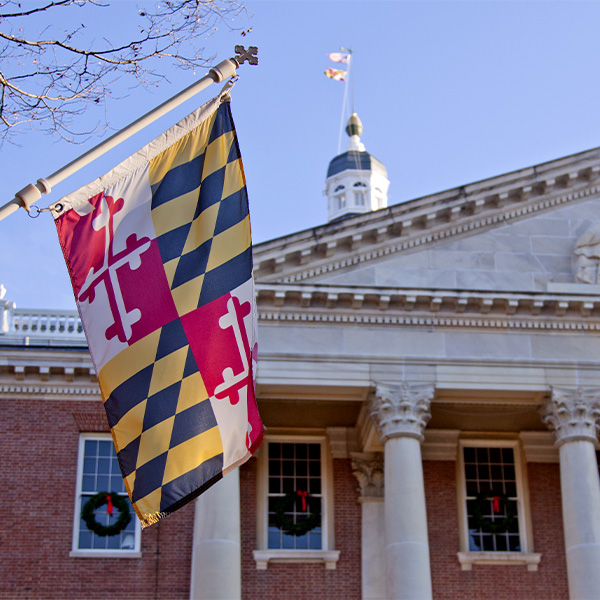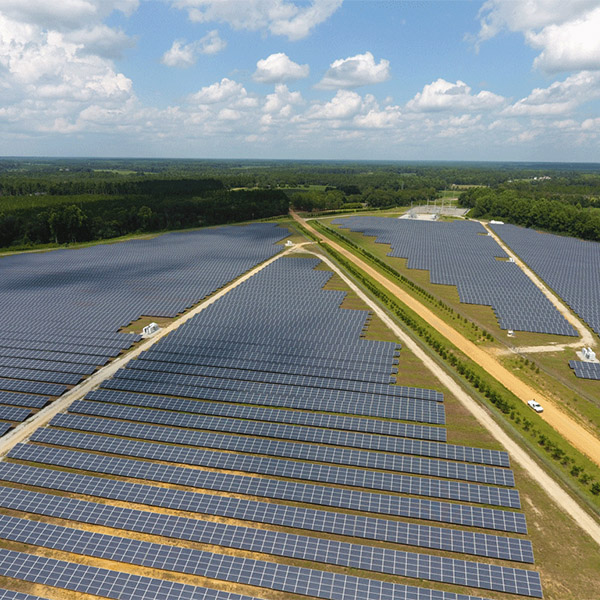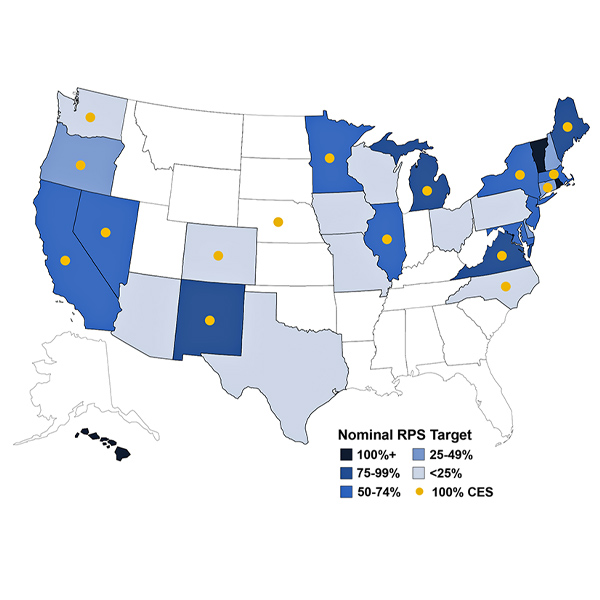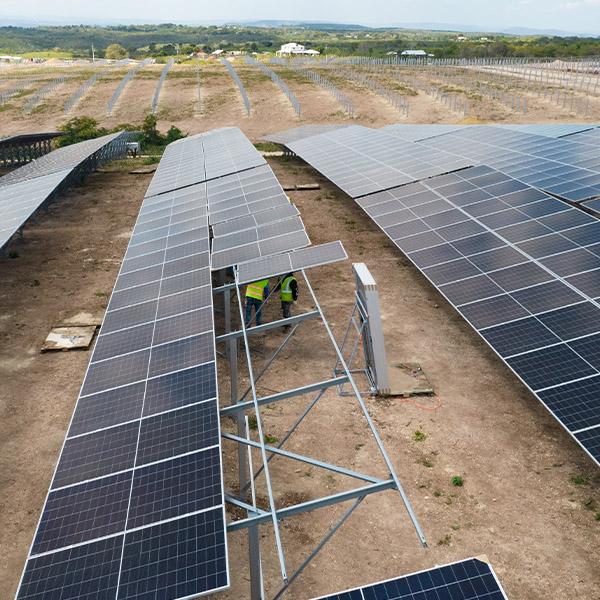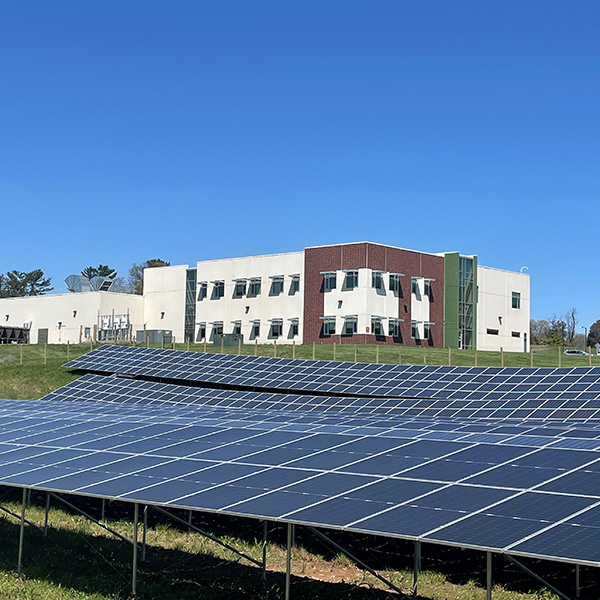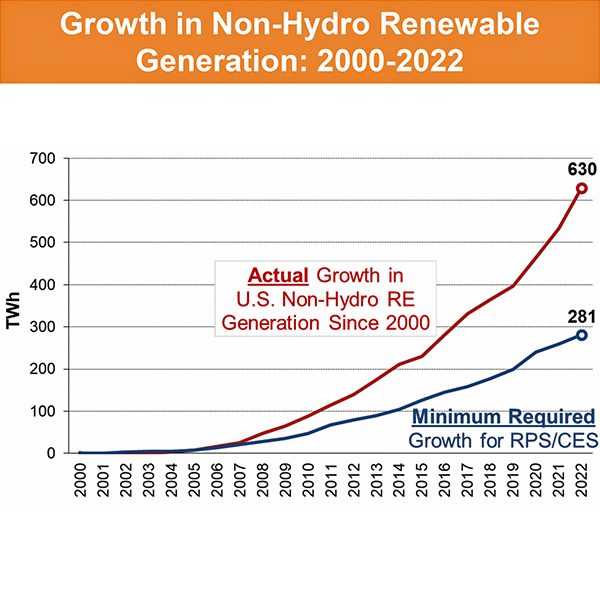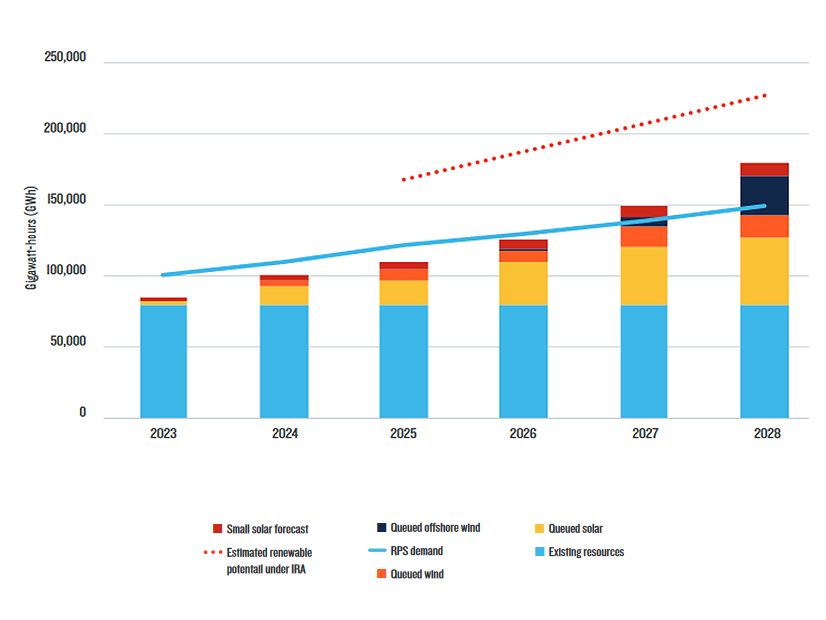renewable portfolio standard (RPS)
ERCOT’s Technical Advisory Committee held its first meeting of 2025 on Jan. 22, with the biggest chunk of the meeting devoted to discussing the grid operator’s proposed market design framework.
The rising opposition to the Maryland Piedmont Reliability Project, a 67-mile, 500-kV transmission line, and general dissatisfaction with PJM and utility grid planning and interconnection policies, are driving new bills in the General Assembly.
As clean energy development challenges in New England have mounted over the past several years, Massachusetts agencies are facing a massive influx of alternative compliance payments from electricity suppliers to meet the state’s array of clean electricity standards.
A new report finds that the percentage of renewable energy generation additions associated with renewables portfolio standards has declined since the start of this century as development increased.
The D.C. Council has approved a bill aimed at electrifying 30,000 low-income homes across the district by 2040, but a fight is brewing over funding for the program.
Bills moving forward could introduce voluntary time-of-use rates in the state, disclosure statements about green power and point-of-sale EV rebates.
New Jersey's grid upgrade bill would require each of the state’s four electric utilities to develop and implement a plan to modernize the electric transmission and distribution system.
The New Jersey Senate Environment and Energy Committee took testimony on a bill that would put into law the state’s goal to reach 100% clean energy by 2035.
Renewable energy is growing beyond its targets, due in part to the standards that set those targets.
The Natural Resources Defense Council finds that PJM’s backlogged interconnection is challenging states' renewable portfolio goals; PJM is committed to continuing to improve.
Want more? Advanced Search

